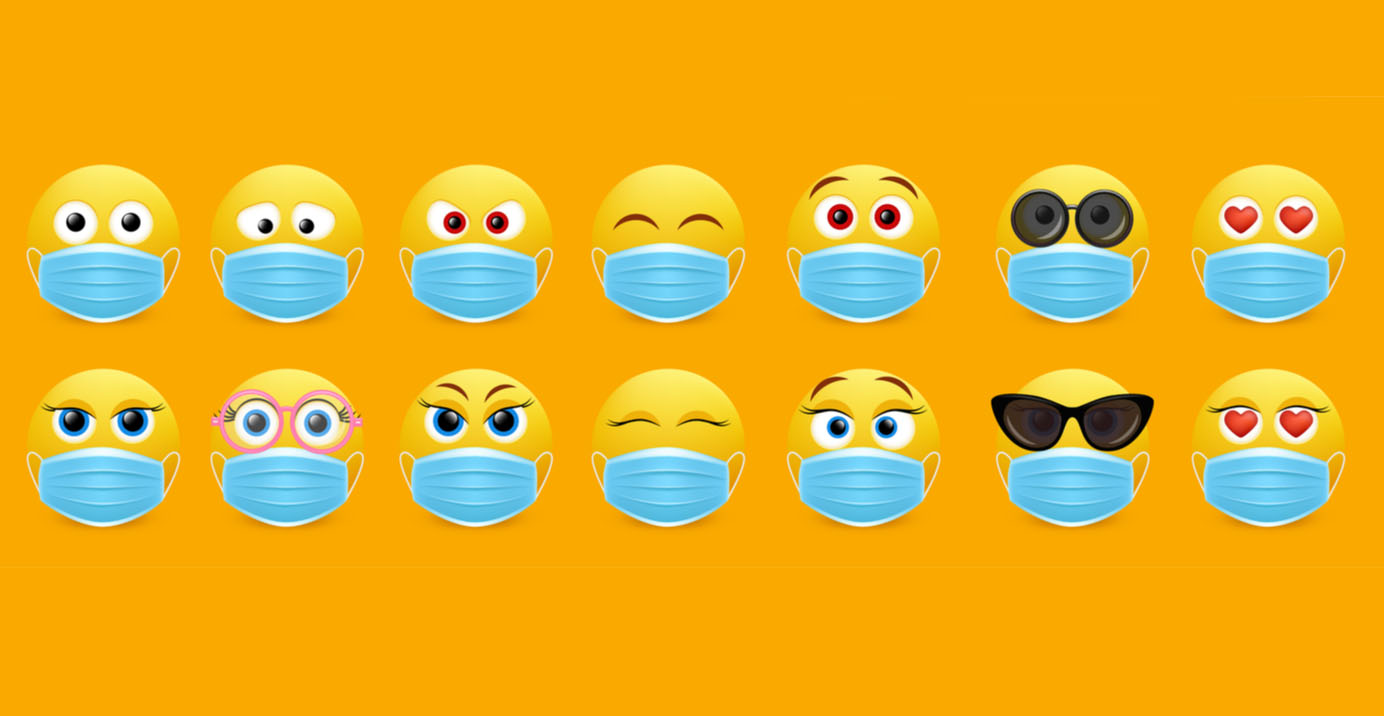While it may seem like we’re exploring some uncharted territory these days, the current situation is vaguely familiar to another crisis that occurred just shy of a decade ago—the BP Gulf of Mexico Deepwater Horizon oil spill. The social media response and content distribution recommendations that developed during that emergency are more relevant than ever, today. Should you maintain your current social media editorial calendar? What content should be avoided during this time period? Do you run paid search and paid social campaigns? Fundamentally, what is and what is not appropriate for pharmaceutical companies to post and share?
Every business faces their own unique set of challenges right now, and actions should be taken on a case-by-case basis, but the following guidance can help marketers navigate their way as they make decisions about what types of content to post, and what not to post.
Develop Social Media Specific COVID-19 Pillars
Be prepared to revist your existing content calendar and pause a fair amount of what you had planned. Brand awareness campaigns and content are not your priority for the foreseeable future. Start the review process by examining your brand’s relationship to COVID-19, or more importantly, anticipating what your audiences’ relation is to COVID-19.
Is the audience a high-risk group for COVID-19 due to their pre-existing condition? Will posting COVID-19 specific content directly benefit your target audience? If not, is scheduled, “evergreen” content appropriate during this unique time in history? You have to be certain that your content will add value for your audience. Consider developing two to three content pillars to inform your COVID-19 content plans. Three fundamentals to consider are: 1) content the audience needs, 2) content the audience will accept because it is of direct value to them, and 3) content that will truly help your audience.
Coordinate with Legal…Now
You must prepare for quick(er) content approval turnaround times, and be prepared to respond to changing dynamics in the situation on a daily (and in certain cases) or even an hourly basis. Establish a social media triage to obtain timely approvals.
Start to have conversations with your legal teams on how you can flag and expedite content that needs to be transmitted in a time-sensitive manner. Rather than approving individual posts, which can bottleneck the system—develop, review, and approve categories of content.
Increase Monitoring
There will be a deluge of questions relating to some brands. Be prepared to engage and answer those questions in “real time.” Knowing your audience is the key; after all, the more you know about their consuming habits regarding your topic area, the better you can anticipate the types of questions you will be receiving on your social channels, and have an official response plan in place. Review your current response protocol, and add to it now using hypothetical comments/questions re: COVID-19.
While you don’t have to be detailed in your responses, your audience will expect to see a response from your company. Daily monitoring reports are suggested during this time period. At the very least, weekly reports should be conducted, and this response is more appropriate for brands that have little to do with COVID-19—such as cosmetic procedures or products.
The Question of Paid
Consider what is, and what is not, appropriate in people’s news feeds. Just as with content, this needs to be handled on a case-by-case basis. “Tone-deaf” ads will cause more harm than good, and can affect your company’s reputation. Discontinue all ads that could be considered frivolous.
Ensure your current ads are truly vital, and will be of direct benefit to the audience. That’s not to say you should halt all paid campaigns; disease state or medication information will still be extremely vital to many that we serve. If appropriate, run a campaign that directs people to helpful resources, such as CDC, WHO, and state-level resources. Finally, closely monitor all campaigns you run, and their KPIs.
When in Doubt, Don’t
To reiterate, managing brand reputation and social media best practices during a global pandemic is uncharted territory for all of us. In the healthcare/biopharma industry, it is best to err on the conservative side when making decisions about what to post, and what not to post. The focus on content and what is being disseminated on social media channels is paramount. As we all know, it is often the primary connection to our audiences—especially now with everyone online searching for guidance.
We understand that unlike traditional consumer brands, your brand has a responsibility to audiences that have significant mortality or complication rates. Your obligation is to continue to provide appropriate content that is of value to a unique patient population. Recognize COVID-19, post with integrity and intent, and continue to support your patient populations and ensure they receive the information they need to manage their conditions amidst the COVID-19 concerns.






